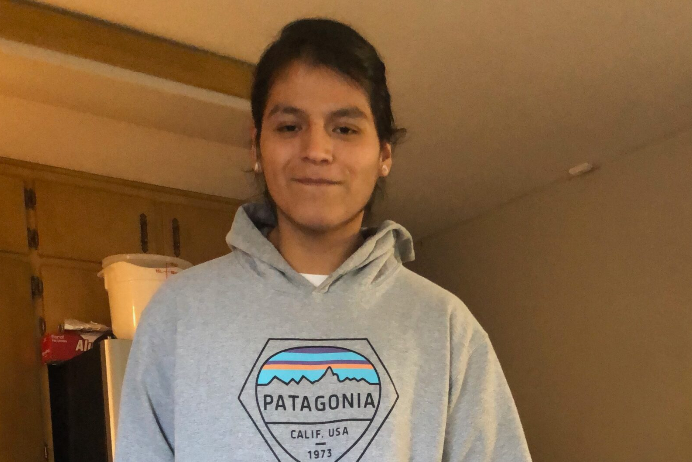As Nebraska plans new prison, advocates urge reforms to reduce overcrowding
LINCOLN, Neb. (KLKN) – Overcrowding has been an ongoing problem throughout Nebraska’s correctional facilities, and many officials are saying we need to look for new ways to reduce our numbers.
On an average day in 2022, the state’s prisons held 5,516 inmates. That’s 150% of design capacity.
Last week, the state announced a $350 million prison to replace the Nebraska State Penitentiary, but critics say building new prisons is not the answer.
Lisa Kort-Butler, a member of Lincoln advocacy group Justice in Action, said Nebraska need more diversion and rehabilitation programs to keep people from going back to prison.
She also said research shows that community programs that support mental health have been shown to be a safer alternative to adding more cells.
“Many of the people who are entering the jail … have some kind of mental health concern or condition,” Kort-Butler said. “We don’t necessarily have all the resources needed in the community to help people recover and so jail becomes a last resort for people.”
She said the earlier people get involved in rehab and diversion programs, the less likely they’ll be to end up behind bars again in the long run.
SEE ALSO: Local officials ‘had no idea’ Nebraska was planning to build prison just east of Lincoln
And after the Lancaster County Jail reached its capacity, the county board had to budget for the jail to send extra inmates to other counties.
Commissioner Christa Yoakum, chair of the board, said moving inmates was necessary to provide humane housing, but reducing the number of people behind bars is imperative.
“We need to be looking at those alternatives,” she said. “Incarcerating people doesn’t do anything to rehabilitate them.”
She said the county is planning to do an assessment of its justice system to find the best ways to expand rehab and diversion programming.
Sen. Danielle Conrad said the Nebraska Legislature began working on justice reform this year with LB 50, which increases Nebraska’s problem-solving courts and expands mental health care and parole options.
She’s hoping the state will continue reforms rather than building more space for inmates.
“We can keep our communities safe, but we can also pursue reforms so that we don’t continue to try and build our way out of this mess,” Conrad said. “Proven, smart justice reforms actually keep us safer than the status quo, get a better value for taxpayers and help break dangerous cycles of recidivism.”
Next session, she said she’ll be advocating for more sensible drug policy, bail reform and better options for nonviolent offenders.



